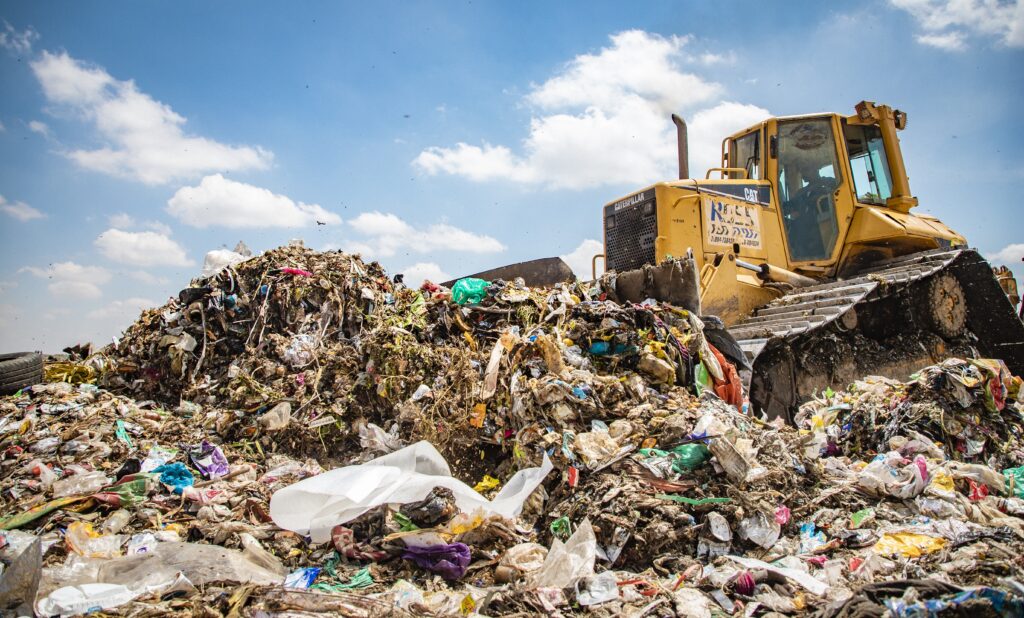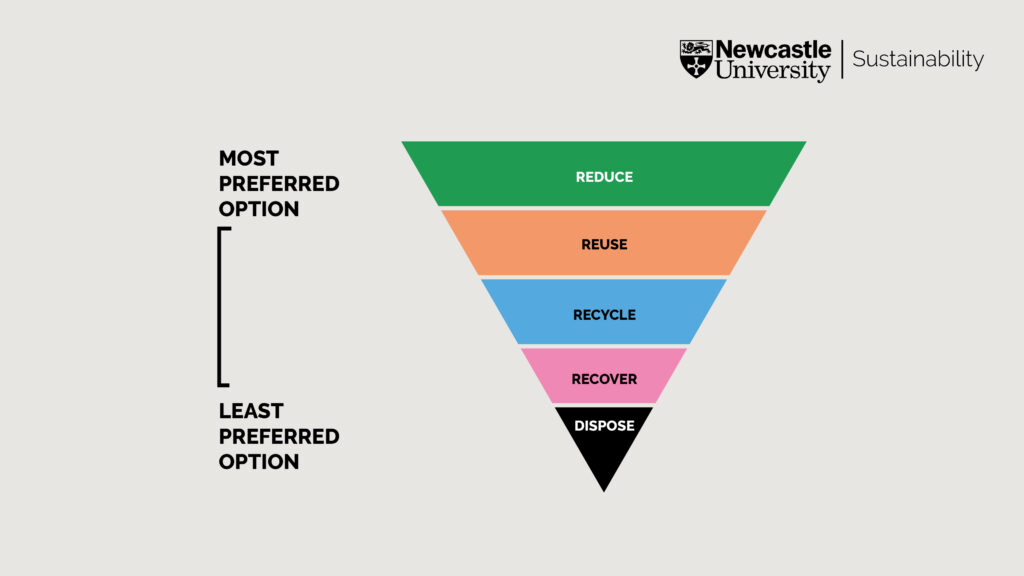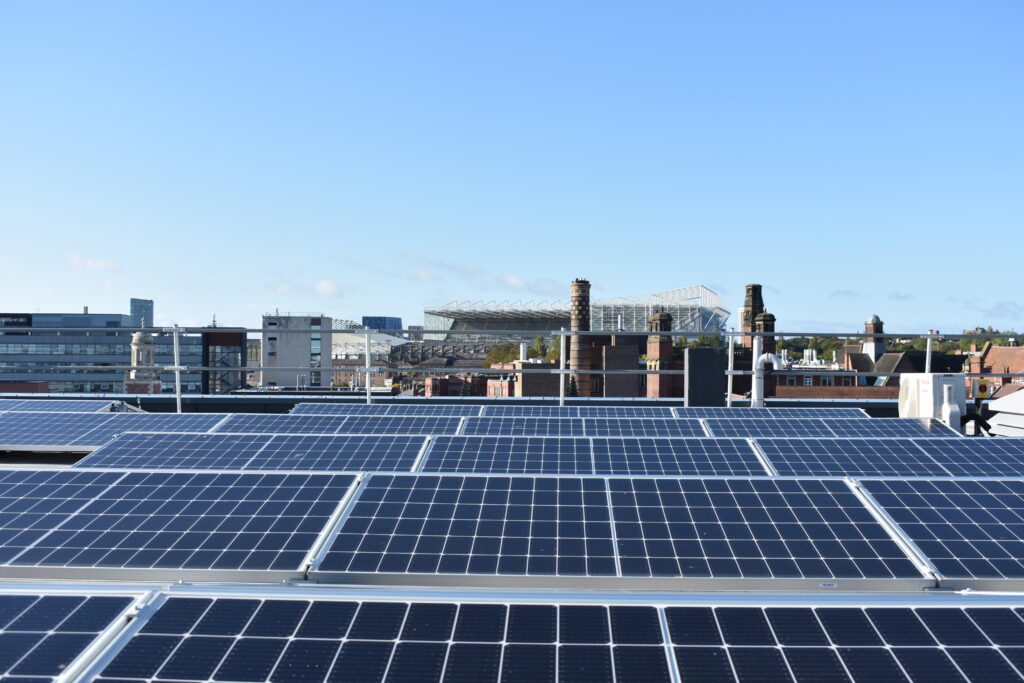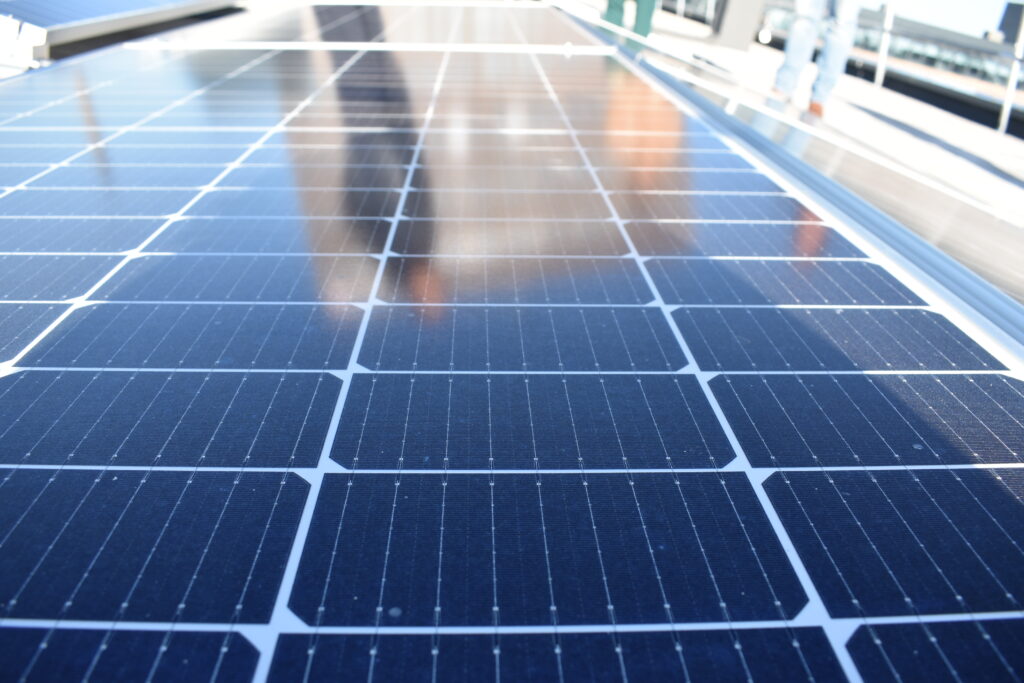The International Day of Zero Waste aims to promote zero-waste initiatives and approaches that will contribute toward the progression of the 17 Sustainable Development Goals. A move toward a zero-waste society is a necessary process due to overconsumption and excessive production across a large portion of the world. To reduce the amount of waste that is being produced globally, new waste management initiatives are required to influence change at every level across society.
The United Nations Environment Program organised #ZeroWasteDay to raise global awareness to facts that demonstrate the environmental impact of waste.
“Every minute, the equivalent of one garbage truck of plastic is dumped into the ocean”
“Resource extraction is responsible for half of the world’s carbon emissions”
The United Nations Environment Programme
What is ‘zero waste’?
The zero-waste approach refers to a move away from mass consumption and waste disposal towards a reduction in waste with the development of a circular economy. The concept of a circular economy aims to redesign products so they are durable, repairable and recyclable to ensure less materials and resources require extraction and energy to produce new products.

How is Newcastle University addressing waste?
Circular Economy
A movement towards a circular economy would go a very long way when attempting to tackle waste pollution. The concept of a circular economy uses the core principles of the Waste Hierarchy such as reducing production and re-using our existing materials, which the University is attempting to embed within our waste management processes. Embedding a circular economy approach will contribute to reducing the scope 3 carbon emissions from treatment of waste in addition to emissions related to purchased goods and services at the University. To learn more about this you can read the Circular economy section in our Climate Action Plan.

management actions from our Climate Action Plan.
Introducing labs at the University to the Laboratory Efficiency Assessment Framework
LEAF was made and is managed by University College London (UCL), and is a framework designed to improve the efficiency and sustainability of laboratories. LEAF provides a standard for labs to work on decreasing their carbon emissions and environmental impacts. Newcastle University has been using the Laboratory Efficiency Assessment Framework (LEAF) for the last year, and there are labs making huge strides to improve their sustainability.
The online platform has actions for lab users to complete relating to waste, travel, energy, water and more. Lab users create Lab Groups and work through Bronze, Silver and Gold criteria.
We currently have 20 labs on the LEAF platform, and 14 awards have been given for labs completing the criteria!
If you work in a laboratory at the University, register with LEAF to reduce the carbon impact of your laboratory work.
Furniture Reuse
There is a dedicated mailing list for furniture reuse available to all Newcastle University colleagues, which currently has over 600 members! Small amounts of furniture that needs a new home can be listed for another member to claim to reduce the need for purchasing new furniture or equipment, and to prevent it going to waste.
By sharing equipment and furniture that is no longer required saves money, resources and energy, and contributes towards embedding the circular economy principles into university practice.
If you would like to join the mailing list, just send an email to sustainable-campus@newcastle.ac.uk with the subject ‘Join Furniture Reuse’.
We share ideas and resources related to waste management across multiple channels
This blog
Our blog, Sustainability includes posts that introduce subjects that are related to sustainability and social & environmental justice in an approachable and digestible way. Our blog is a great resource if you would like to explore topics such as reducing waste in everyday life through small sustainable swaps for your bathroom and kitchen alongside an introduction to the problem of food waste.
Over on Twitter, we share our own information and resources amongst outlining our progress in achieving targets. You will also find that we retweet resources shared by other universities, environmental charities and organisations such as the United Nations that introduce new ideas, tips and tricks for individuals and other organisation to use to begin their journey to zero waste.
Sustainability Network
Our Sustainability Network is a newsletter to keep you updated on all things sustainability at Newcastle University. We also share relevant opportunities and events that are happening on campus and in the city that colleagues and students alike can get involved with.
If you would like to join the Sustainability Network, you can sign up here.



